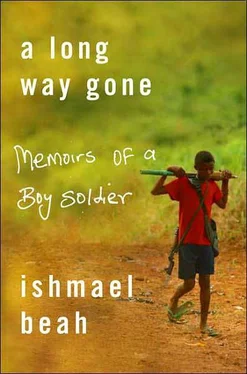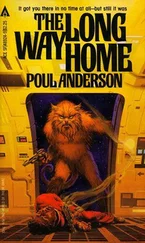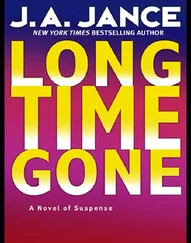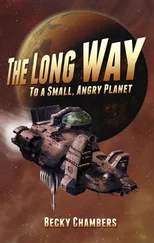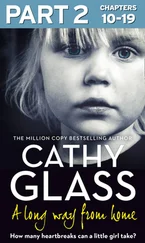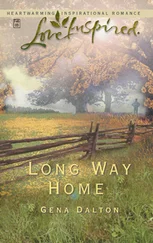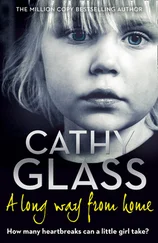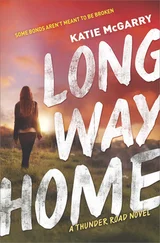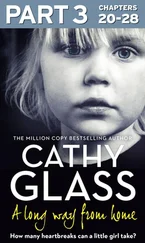—Lucas Lund,
Hippo
“A beautifully written book about a shocking war and the children who were forced to fight it. Beah describes the unthinkable in calm, unforgettable language; his memoir is an important testament to the children elsewhere who continue to be conscripted into armies and militias.”
—Steve Coll, author of
Ghost Wars
“One of the most important war stories of our generation. The arming of children is among the greatest evils of the modern world, and yet we know so little about it because the children themselves are swallowed up by the very wars they are forced to wage. Beah has not only emerged intact from this chaos, he has become one of its most eloquent chroniclers.”
—Sebastian Junger, author of
A Death in Belmont and
A Perfect Storm
“This is a wrenching, beautiful, and mesmerizing tale. Beah’s amazing saga provides a haunting lesson about how gentle folks can be capable of great brutalities as well goodness and courage. It will leave you breathless.”
—Walter Isaacson, author of
Benjamin Franklin: An American Life
“To emerge from Sierra Leone’s malignant civil conflict and eventually graduate from college in the U.S. marks Beah as very unusual, if not unique. His memoir seeks to illuminate the process that created, and continues to create, one of the most pitiable yet universally feared products of modern warfare: the boy soldier. It illustrates how, in African nations under the stress of open civil war, youthful males cluster in packs for self-protection, fleeing the military forces of all sides, distrusted and persecuted by strangers they encounter, until they are killed or commandeered as recruits. Nearly half the text deals with Beah’s life as a fugitive after marauding rebel troops ravaged his home village. He fled with several other boys, but they were separated during another attack and he was forced to spend several weeks alone in the bush; the loneliness there instilled a craving for human companionship of any type. The regular military finally snared Beah and some new companions, telling them they must train as soldiers or die. The rebels, they were assured, were responsible for killing their families and destroying their homes; as soldiers, they would exact manly revenge and serve the nation. Cocaine, marijuana and painkillers became the boys’ mind-numbing daily diet. They were indoctrinated by practicing mayhem on tethered prisoners and became willing experts at lying in ambush with their aging AK-47 rifles. For them, killing human beings had replaced ordinary child’s play… [A] halting narrative… [that is] hideously effective in conveying the essential horror of his experiences.”
—
Kirkus Reviews
“Rarely does one encounter anything but outrage, sadness, and pain when reading about the exploitation of child soldiers, but Beah’s account also offers hope, humanity, bravery, and, yes, peace… The brutality of war is brought out early in this narrative, and just to have survived is amazing. Beah writes with frankness and honesty about his experiences but also with other people in mind; his account of the healing process after the horrors he saw is remarkable. His book [is] especially relevant in today’s world.”
—
Library Journal
“This remarkable firsthand account shows how civil strife destroys lives… The horrors [Ishmael Beah] saw or perpetrated still haunt him and will be difficult for the reader to forget… Beah writes his story with painful honesty, horrifying detail, and touches of remarkable lyricism. This young writers has a bright future… As children fight on in dreadful wars around the globe, Beah’s story is a must.”
—Rayna Patton,
VOYA
“Gripping… Told in a conversational, accessible style, this powerful record of war ends as a beacon to all teens by showing them that there are other ways to survive than by adding to the chaos.”
—Matthew L. Moffett, Pohick Regional Library, Burke, Virginia,
School Library Journal
“This absorbing account by a young man who, as a boy of 12, gets swept up in Sierra Leone’s civil war goes beyond even the best journalistic efforts in revealing the life and mind of a child abducted into the horrors of warfare… Told in clear, accessible language by a young writer with a gifted literary voice, this memoir seems destined to become a classic firsthand account of war and the ongoing plight of child soldiers in conflicts worldwide.”
—
Publishers Weekly (starred review)
Ishmael Beah was born in Sierra Leone in 1980. He moved to the United States in 1998 and finished his last two years of high school at the United Nations International School in New York. He graduated from Oberlin College in 2004. He is a member of the Human Rights Watch Children’s Rights Division Advisory Committee and has spoken before the United Nations, the Council on Foreign Relations, the Center for Emerging Threats and Opportunities (CETO) at the Marine Corps Warfighting Laboratory, and many other NGO panels on children affected by war. He is also the head of the Ishmael Beah Foundation, which is dedicated to helping former child soldiers reintegrate into society and improve their lives. His work has appeared in VespertinePress and LIT magazine. He lives in Brooklyn.
SARAH CRICHTON BOOKS
Farrar, Straus and Giroux
18 West 18th Street, New York 10011
Copyright © 2007 by Ishmael Beah
All rights reserved
Published in 2007 by Sarah Crichton Books / Farrar, Straus and Giroux
Grateful acknowledgment is made for permission to reprint excerpts from the following previously published material:
“O.P.P.,” words and music by Vincent Brown, Keir Gist, and Anthony Criss (interpolates elements of “ABC,” by Deke Richards, Frederick Perren, Alphonso Mizell, and Berry Gordy, Jr.), copyright © 1991 by WB Music Corp., Naughty Music, and Jobette Music, Inc. All rights on behalf of itself and Naughty Music administered by WB Music Corp. All rights reserved. Used by permission of Alfred Publishing Co., Inc.
The Library of Congress has cataloged the hardcover edition as follows:
Beah, Ishmael, 1980–
A long way gone: memoirs of a boy soldier / by Ishmael Beah.—1st ed.
p. cm.
“Sarah Crichton Books.”
ISBN: 978-0-374-10523-5
1. Beah, Ishmael, 1980–2. Sierra Leone—History—Civil War, 1991—Personal narratives. 3. Sierra Leone—History—Civil War, 1991—Participation, Juvenile—Biography. 4. Child soldiers—Sierra Leone—Biography. 5. Sierra Leone—Social conditions—1961– I. Title.
DT516.828.B43 A3 2007
966.404—dc22
[B]
2006017101
www.fsgbooks.com
